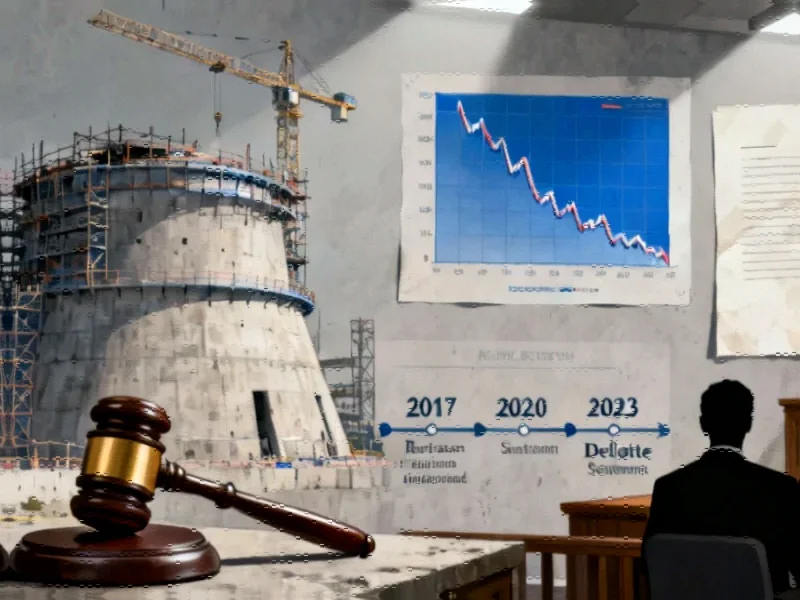Court Grants Unexpected One-Week Reprieve in Epic v. Google Case
In a surprising legal development, US District Court Judge James Donato has pushed back enforcement of his permanent injunction against Google from October 22nd to October 29th, 2025. The extension comes at the joint request of both Epic Games and Google, marking an unusual moment of agreement between the longtime legal adversaries.
The original October 22nd deadline would have required Google to fundamentally transform its Google Play Store operations, including ending requirements that developers use Google Play Billing and allowing them to set their own pricing structures. This injunction followed repeated courtroom victories for Epic Games in their antitrust lawsuit against the tech giant.
The Mystery Behind the Mutual Agreement
What makes this delay particularly intriguing is the lack of public explanation from either party. Legal documents filed with the court contain no reasoning for the extension, leaving industry observers to speculate about the motivations behind this coordinated move.
Epic CEO Tim Sweeney had previously championed the October 22nd date as a watershed moment for developer rights, declaring it would enable developers to “legally entitled to steer US Google Play users to out-of-app payments without fees, scare screens, and friction” – drawing direct comparisons to recent changes in Apple’s App Store policies. The sudden agreement to delay these changes raises questions about whether both companies are positioning themselves for broader strategic considerations in the evolving digital marketplace.
Google’s Compliance Strategy and Supreme Court Appeal
Google has maintained throughout the legal process that it intends to comply with its legal obligations while simultaneously pursuing appeals. The company previously told The Verge that it would follow court mandates during the appeals process, suggesting that the October 29th deadline would trigger significant changes to Google’s developer policies and store interfaces.
However, the timing of this extension becomes particularly significant given Google’s stated plan to file a Supreme Court appeal by October 27th – just two days before the new enforcement deadline. This creates a potential scenario where the Supreme Court could grant a stay that would further delay or modify the injunction’s implementation, adding another layer of uncertainty to these critical industry developments.
Broader Implications for the Mobile Ecosystem
The outcome of this legal battle extends far beyond the immediate parties. Android developers worldwide are watching closely, as the injunction could fundamentally alter their revenue models and customer relationships. The ability to use alternative payment systems without Google’s fees could significantly impact profitability for many applications.
This legal showdown occurs against a backdrop of rapid technological transformation across the digital landscape. As companies invest heavily in emerging technologies, the rules governing app marketplaces could influence how future platforms structure their economic relationships with developers.
What Developers Should Watch For
As the new October 29th deadline approaches, developers should monitor several key indicators:
- Policy updates from Google regarding billing requirements
- Interface changes to the Google Play Store that eliminate “scare screens” warning about alternative payments
- Supreme Court filings that could further alter the timeline
- Competitive responses from other app store operators
The intersection of legal mandates and technology innovation continues to create complex challenges for platform operators and developers alike. This case represents just one front in the broader battle over digital market regulation that will shape the technology landscape for years to come.
With one additional week before the injunction takes effect, both Google and Epic Games appear to be preparing their next moves in this high-stakes legal confrontation that could redefine power dynamics throughout the mobile app economy.
This article aggregates information from publicly available sources. All trademarks and copyrights belong to their respective owners.
Note: Featured image is for illustrative purposes only and does not represent any specific product, service, or entity mentioned in this article.



